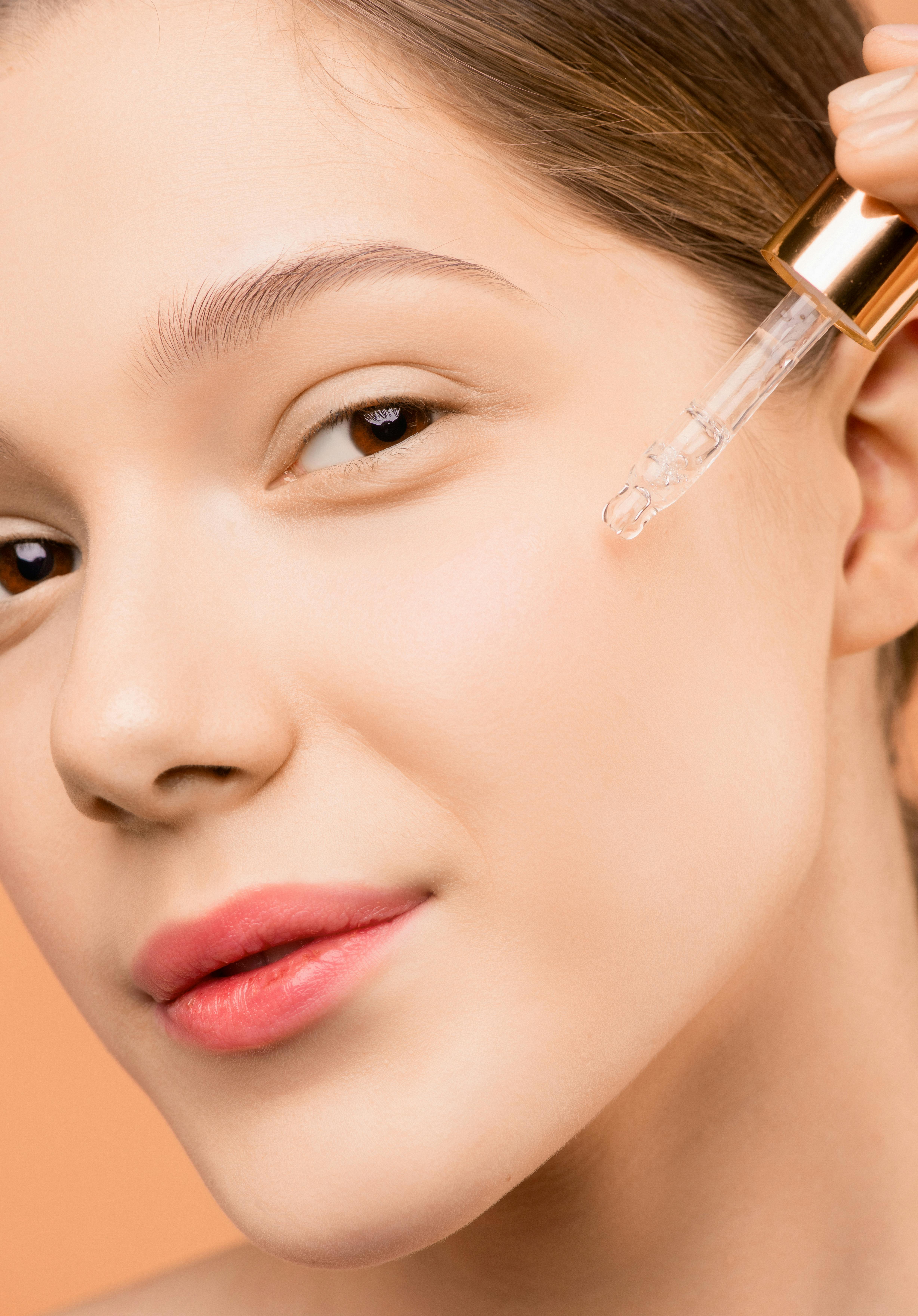Fermentation: The Next Frontier in Skincare
In the ever-evolving world of beauty, a surprising trend is bubbling up from an unexpected source: fermentation. This age-old process, traditionally associated with food and beverages, is now making waves in the skincare industry. Fermented ingredients are being hailed as the next big thing in beauty, promising enhanced potency, improved absorption, and a host of skin benefits. But what exactly is fermented skincare, and why is it gaining such traction? This article delves into the fascinating world of fermentation in beauty, exploring its origins, benefits, and potential to revolutionize our skincare routines.

The Science Behind Fermented Skincare
At its core, fermentation in skincare involves breaking down natural ingredients into smaller, more easily absorbed molecules. This process not only enhances the bioavailability of active ingredients but also creates new beneficial compounds. During fermentation, microorganisms produce enzymes that break down complex molecules into simpler forms. This results in a higher concentration of nutrients and the creation of unique postbiotics - beneficial compounds produced as a byproduct of fermentation.
Benefits for the Skin
Fermented skincare ingredients offer a multitude of benefits that set them apart from their non-fermented counterparts. Firstly, the smaller molecular size of fermented ingredients allows for deeper penetration into the skin, enhancing their effectiveness. This improved absorption means that even sensitive skin types can often tolerate fermented versions of ingredients that might otherwise cause irritation.
Moreover, the fermentation process can increase the antioxidant content of ingredients, providing enhanced protection against free radical damage and environmental stressors. Some studies have shown that fermented ingredients can boost the production of hyaluronic acid and ceramides in the skin, leading to improved hydration and a stronger skin barrier.
Popular Fermented Ingredients
A wide range of ingredients can be fermented for use in skincare, each offering unique benefits:
-
Fermented tea extracts: Rich in polyphenols and antioxidants, these can help fight signs of aging and protect against environmental damage.
-
Fermented rice water: Known for its brightening and smoothing properties, it’s particularly popular in Asian skincare routines.
-
Fermented honey: Offers enhanced moisturizing and antibacterial properties compared to regular honey.
-
Fermented sea kelp: Provides intense hydration and mineral-rich nourishment for the skin.
-
Fermented soy: Contains isoflavones that may help improve skin elasticity and reduce the appearance of fine lines.
The Role of Probiotics and Postbiotics
Fermented skincare products often contain probiotics and postbiotics, which play a crucial role in maintaining skin health. Probiotics are live beneficial bacteria that can help balance the skin’s microbiome - the ecosystem of microorganisms living on our skin. A balanced microbiome is essential for healthy, resilient skin.
Postbiotics, on the other hand, are the beneficial compounds produced during the fermentation process. These include short-chain fatty acids, enzymes, and peptides that can have various positive effects on the skin, such as strengthening the skin barrier, reducing inflammation, and promoting cell turnover.
Sustainability and Natural Preservation
Another advantage of fermented skincare is its potential for sustainability and natural preservation. The fermentation process can extend the shelf life of products naturally, reducing the need for synthetic preservatives. This aligns well with the growing consumer demand for clean, natural beauty products.
Furthermore, fermentation can be used to upcycle food waste into valuable skincare ingredients. For example, discarded fruit peels or vegetable scraps can be fermented to create potent antioxidant-rich extracts for skincare use, contributing to a more circular and sustainable beauty industry.
Challenges and Considerations
While fermented skincare offers numerous benefits, it’s not without challenges. The fermentation process requires careful control and expertise to ensure consistency and safety. There’s also a need for more extensive research to fully understand the long-term effects and optimal use of fermented ingredients in skincare.
Additionally, as with any skincare product, individual responses can vary. Some people may experience sensitivity or allergic reactions to certain fermented ingredients, highlighting the importance of patch testing and gradual introduction of new products into a skincare routine.
The Future of Fermented Beauty
As research continues and technology advances, we can expect to see even more innovative applications of fermentation in skincare. From personalized fermented formulations tailored to individual skin microbiomes to the discovery of new beneficial postbiotics, the potential for growth in this area is vast.
The fusion of ancient wisdom and modern science embodied in fermented skincare represents a promising direction for the beauty industry. As consumers become more educated and discerning about their skincare choices, fermented products offer a compelling blend of efficacy, naturalness, and sustainability.
In conclusion, fermentation is poised to become a significant force in the future of skincare. Its ability to enhance ingredient potency, improve absorption, and create unique beneficial compounds makes it a valuable tool in the quest for effective, natural skincare solutions. As we continue to unlock the secrets of this ancient process, fermented beauty products may well become a staple in our daily routines, offering a path to healthier, more radiant skin through the power of nature’s own transformative processes.




